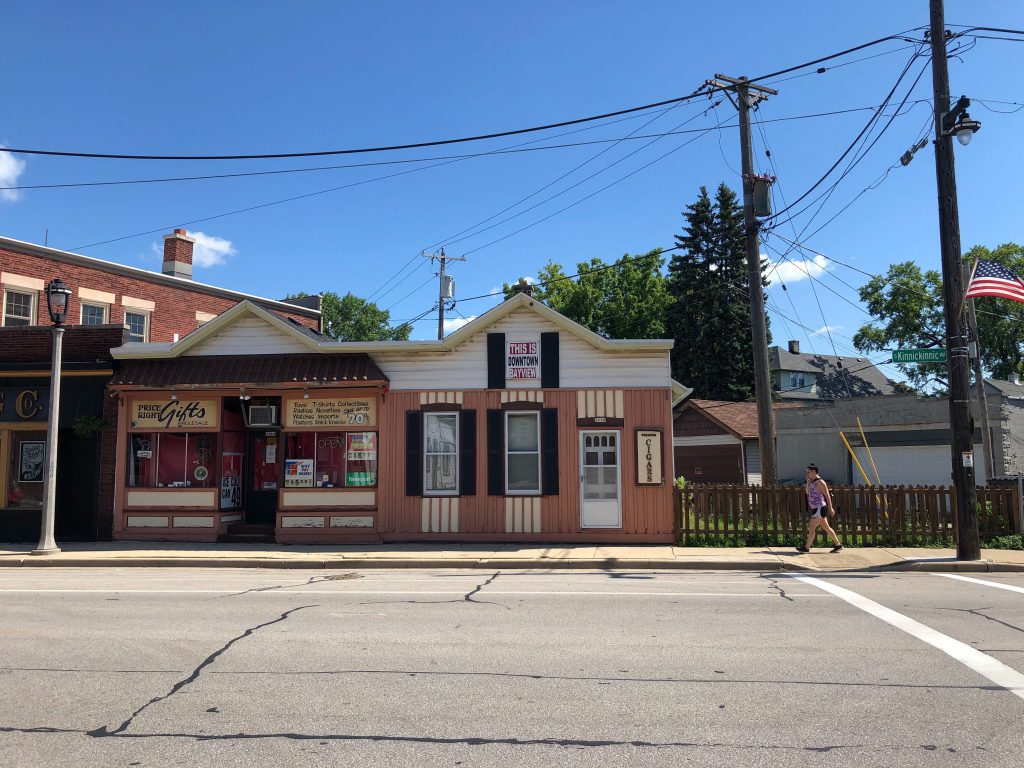Making Cities Equitable for All Genders
All the city news you can use.
Want more links to read? Visit The Overhead Wire and signup. Every day at The Overhead Wire we sort through over 1,500 news items about cities and share the best ones with our email list. At the end of the week, we take some of the most popular stories and share them with Urban Milwaukee readers. They are national (or international) links, sometimes entertaining and sometimes absurd, but hopefully useful.
Race shaped America’s roads and cities: Racist practices such as bulldozing neighborhoods where people of color lived to build highways has shaped American roadways and cities. Following the path of least resistance, planners often built through Black neighborhoods and places where people had no decision making power. Planning now, should focus on making sure access to amenities is not just reserved for white people or those with higher income. (Ashish Valentine | NPR)
Making cities equitable for all genders: Female voices are often not heard in urban issues, even though issues such as gentrification, availability of restrooms, police defunding and more are all feminist issues. This is because our spaces and built environment are largely shaped by a single-gendered view and power relations. Our cities rarely reflect women, as they choose to focus on the traditional “breadwinner” and ignore the domestic side. In this interview Leslie Kern discusses her new book focusing on these issues, Feminist City. (Leilah Stone | Metropolis Magazine)
How Phoenix will deal with climate change: America’s hottest city has developed a plan to battle climate change. Currently Phoenix is a hot spot, not just in terms of temperature, but also coronavirus cases and protests; and communities of color are most under threat in all three cases. The city is thus developing a Heat Action Plan and are hoping to produce the innovations that’ll allow Phoenix to become a sustainable desert city and allow its residents to adapt. (Sarah Kaplan | Washington Post)
Gentrification fears in North Philly: A development plan for one of the poorest neighborhoods of Philadelphia is raising gentrification fears. Currently the developers have no obligation to provide affordable housing for low income communities, but a zoning change would require it, thus creating a sense of urgency to change laws. The development would not only break up a vibrant neighborhood of Latinos and Blacks, but also raise the median home price. (Jason Laughlin | Philadelphia Inquirer)
Quote of the Week
Cities have become much more expensive, and housing is not the only factor. For non-college workers, you have a combination of changing wage structure and then rising prices, and the net effect is making cities less attractive for people without college degrees.
–David Autor in MIT News discussing how cities have stopped creating lower and middle class jobs for Black and Latino workers.
This week on the podcast, Brianne Eby of the Eno Center for Transportation joins us to talk congestion pricing.
Want more links to read? Visit The Overhead Wire and signup. (http://dtrnsfr.us/2iA8Yas)
Urban Reads
-
How Traffic Noise Impacts Children’s Brains
 Jul 1st, 2024 by Jeff Wood
Jul 1st, 2024 by Jeff Wood
-
Number of Super Commuters is Rising
 Jun 22nd, 2024 by Jeff Wood
Jun 22nd, 2024 by Jeff Wood
-
Why Has the Walkable City Been Villainized?
 Jun 9th, 2024 by Jeff Wood
Jun 9th, 2024 by Jeff Wood





















